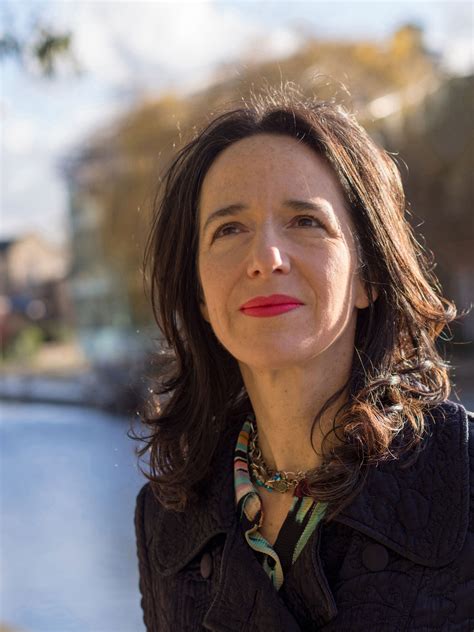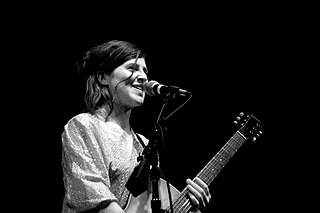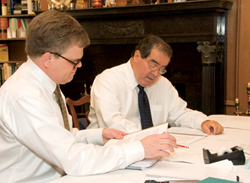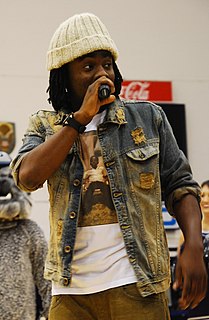A Quote by Adrian Grenier
Music is a language of emotion. I'm passionate about it because I think it's the most direct way to connect to the things that are ineffable. Words just aren't necessary a good enough opportunity to express. Words are maybe less than accessible at expressing.
Related Quotes
It doesn't really matter so much what the words are I don't think - maybe if you're a real expert in prayer you could do it through silence. But I think sometimes it helps to express it and to know you're expressing it to God. Paul talked about praying with your spirit and that's basically what it is, it's expressing what you feel deep down in a language which God gives you.
Poetry is the most direct and simple means of expressing oneself in words: the most primitive nations have poetry, but only quitewell developed civilizations can produce good prose. So don't think of poetry as a perverse and unnatural way of distorting ordinary prose statements: prose is a much less natural way of speaking than poetry is. If you listen to small children, and to the amount of chanting and singsong in their speech, you'll see what I mean.
I don't think there is any scientific evidence about the question of whether we think only in language or not. But introspection indicates pretty clearly that we don't think in language necessarily. We also think in visual images, we think in terms of situations and events, and so on, and many times we can't even express in words what the content of our thinking is. And even if we are able to express it in words, it is a common experience to say something and then to recognize that it is not what we meant, that it is something else.
I have this theory that the more important and intimate the emotion, the fewer words are required to express it. For instance in dating: 'Will you go out with me?' Six words. 'I really care for you.' Five words. 'You matter to me' Four words. 'I love you.' Three words. 'Marry me.' Two words. Well, what's left? What's the one most important and intimate word you can ever say to somebody?
'Goodbye...'
Music. – There is something very wonderful in music. Words are wonderful enough: but music is even more wonderful. It speaks not to our thoughts as words do: it speaks straight to our hearts and spirits, to the very core and root of our souls. Music soothes us, stirs us up; it puts noble feelings into us; it melts us to tears, we know not how: – it is a language by itself, just as perfect, in its way, as speech, as words; just as divine, just as blessed.
To be functionally fluent in a language, for instance, in most cases you need about 1,200 words. To acquire a total of vocabulary words, if you really train someone well they can acquire 200 to 300 words a day, which means that in a week they can acquire the vocabulary necessary to speak a language.
A word about 'plain English.' The phrase certainly shouldn't connote drab and dreary language. Actually, plain English is typically quite interesting to read. It's robust and direct-the opposite of gaudy, pretentious language. You achieve plain English when you use the simplest, most straightforward way of expressing an idea. You can still choose interesting words. But you'll avoid fancy ones that have everyday replacements meaning precisely the same thing.
Some interviewers aren't even interested. They're just doing it because they gotta do it. Life is nothing without passion. Whatever you're doing, at least be passionate about it because I'm passionate about what I'm doing. I'm passionate about the words I'm saying right now. Just be passionate. When the interviews is passionate, it's more conversational and we're not covering the same ground.




































